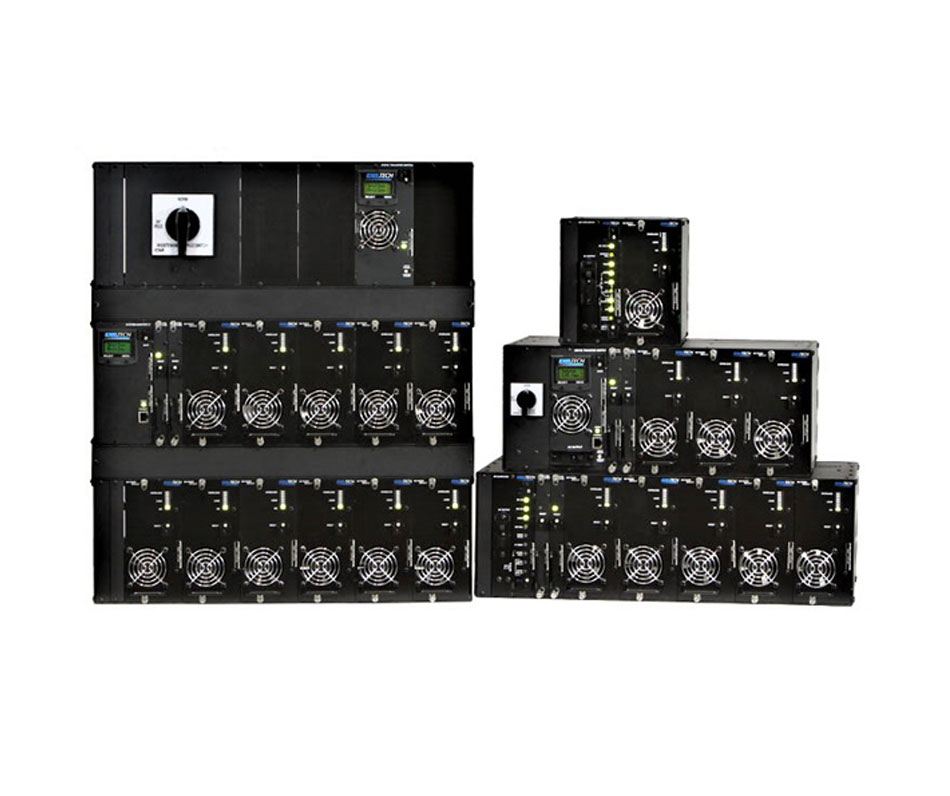In the dynamic world of air transportation, technological advancements constantly push the boundaries of what is possible. Industrial power inverters are one such innovation that has significantly revolutionized the aviation industry.
These remarkable devices transform how aircraft are powered and provide numerous benefits. For example, increased efficiency, reduced environmental impact, enhanced passenger experience, and increased reliability.
Understanding Power Inverters
A power inverter is an electronic device that converts direct current (DC) power into alternating (AC) power, widely used in commercial and residential applications. However, power inverters meet the rigorous demands of aircraft systems.
5 Ways How Industrial Power Inverters Can Revolutionize Air Transportation
Power inverters have emerged as a game-changer in the aviation industry, revolutionizing how aircraft are powered and operated. These devices have paved the way for a more sustainable and technologically advanced air transportation system in five ways:
1. Enhanced Efficiency and Performance
They play a crucial role in improving the efficiency and performance of aircraft systems. Converting the DC power generated by the aircraft’s engines or auxiliary power units into AC power ensures a reliable and constant energy source. It proves ideal for critical systems, such as avionics, lighting, and entertainment systems.
The conversion from DC to AC power allows for more efficient energy distribution, reducing power losses and increasing overall system efficiency. This, in turn, translates into fuel savings, longer flight durations, and improved aircraft range.
These inverters enable airlines to optimize their operations by minimizing energy wastage and maximizing the utilization of available power.
2. Reduced Environmental Impact
The aviation industry has pursued sustainable practices to mitigate its environmental impact. Power inverters contribute significantly to these efforts by promoting greener aviation.
By enabling more efficient power distribution, inverters help reduce the overall energy consumption of aircraft systems. It results in lower fuel consumption and carbon emissions.
Moreover, power inverters allow aircraft engines to operate at their optimum efficiency levels, reducing the need for constant high power output. This decreases fuel consumption and noise levels while improving airport air quality. It benefits both the environment and local communities.
3. Improved Passenger Experience
These inverters are transforming the operational aspects of air transportation and enhancing the passenger experience on board.
Airlines can offer multiple in-flight entertainment options with reliable and consistent AC power. For example, high-definition displays, personal device charging outlets, and connectivity for internet access.
Passengers can enjoy a more comfortable and engaging journey. They have access to their favorite entertainment content, enjoy better work or leisure connectivity, and remain connected with loved ones throughout the flight.
4. Reliability and Safety
Reliability and safety are of paramount importance in air transportation. Power inverters can meet the stringent safety requirements of the aviation industry, ensuring uninterrupted power supply to critical aircraft systems.
For instance, during an engine failure or electrical system malfunction, power inverters can seamlessly switch between power sources, providing backup power to essential systems. This redundancy feature enhances the safety and reliability of the aircraft, allowing for effective emergency response and ensuring passenger well-being.
5. Integration of Renewable Energy Sources
Industrial power inverters are vital in integrating renewable energy sources into aircraft systems.
With the growing emphasis on sustainable aviation, alternative energy technologies such as solar panels and fuel cells are gaining traction. However, these energy sources typically generate DC power. By utilizing power inverters, this DC power efficiently converts into AC power, allowing seamless integration into the aircraft’s electrical system.
This integration reduces reliance on conventional fuel sources and promotes cleaner and more sustainable aviation practices.
Hence, as technology advances, industrial power inverters will continue to play a pivotal role in shaping the future of air transportation. And drive us toward a more sustainable and technologically advanced aviation sector.
If you also want to invest in a power inverter, visit Exeltech, one of the leading inverter manufacturers of top-tier inverters.





